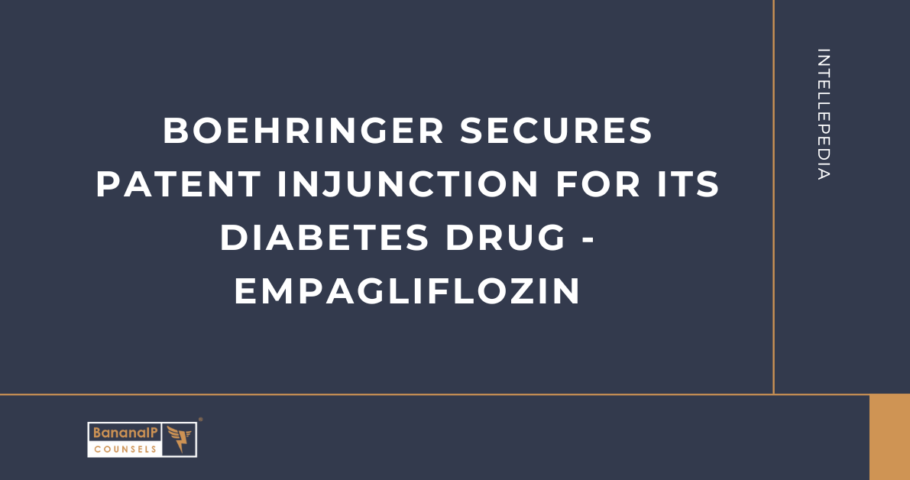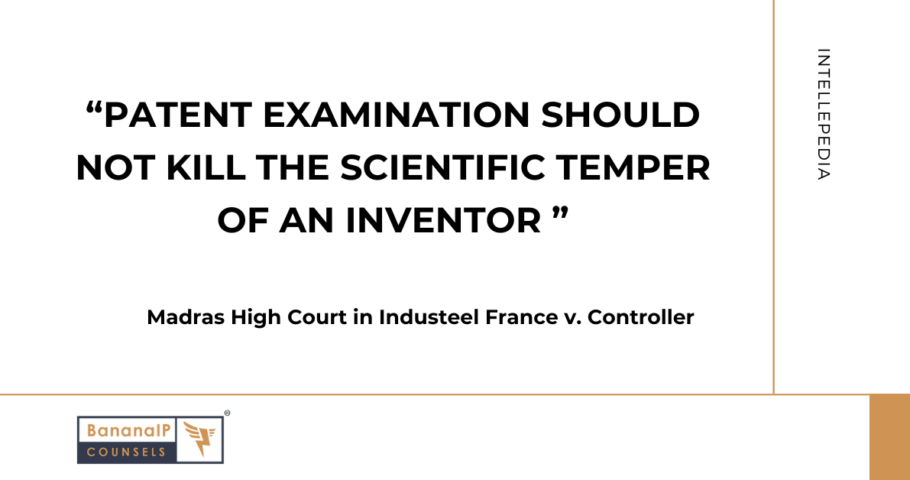The Delhi High Court issued an interim injunction in favor of ITW GSE APS, restraining Dabico Airport Solutions from infringing on ITW’s pre-conditioned air patent during the pending suit. ITW’s PCA units, featuring advanced VFDs controlled by a central controller, are recognized globally. Dabico’s challenges were dismissed, leading to the injunction and a mandated turnover disclosure. Continue Reading Cool interim order for ITW’s pre-conditioned air patent, but Competitor’s airport deals allowed to continue










